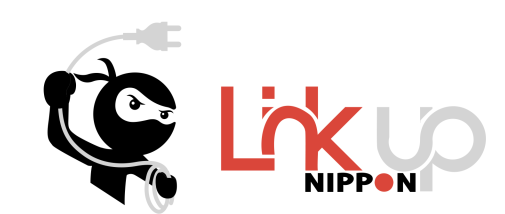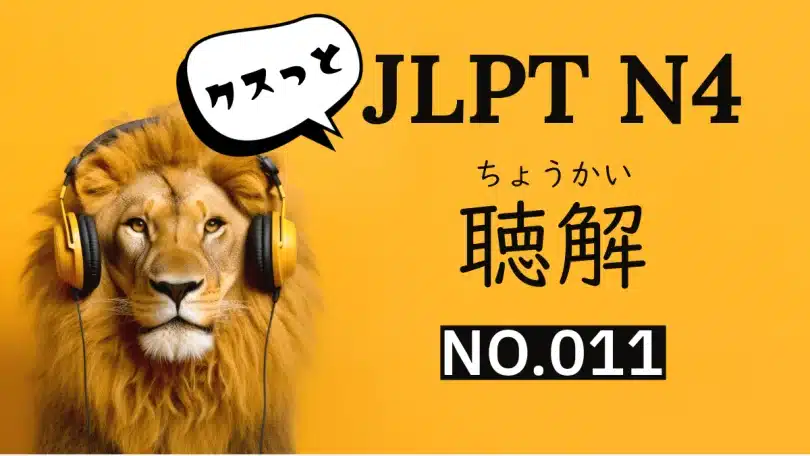https://youtube.com/shorts/82eP6Vta-Jo
Table of contents
Script
→(やじるし)の人はなんといいますか。
1から3の中から、いちばんいいものを一つえらんでください。
みんなより早く帰ります。
何と言いますか。
- おさきに かえりましょうか。
- おさきに どうぞ。
- おさきに しつれいします。
(昭和): おさきにドロンします。
Answer
3ばん:
Comment
Vますましょうか: Use when making an offer or proposal to someone.
例) (When I saw a person lifting heavy luggage on an airplane)
てつだいましょうか。
-Shall I help you?
おさきにどうぞ: Use When to let someone else go first
例) ( When you are at the elevator and you are in front of the button)
おさきにどうぞ。
-After you.
おさきにしつれいします:Use when you leave before the rest of the group.
例) ( When colleagues are still working)
おさきにしつれいします。
-Excuse me before you go.
Showa-era Japanese:
ドロンする: Sound of sudden disappearance
”Doron” is an onomatopoeic sound or noun used to describe the disappearance of a person. It is said to have originated from the sound effect of a ghost disappearing in Kabuki plays, and then it came to describe a person running away and hiding from drinking or trouble.

The key is to say it while doing a ninja pose like the picture above! Advanced poeple should sprinkle shuriken after the phrase with a “シュシュシュッ(shoo-shoo-shoo)”.
The young people of 2025 may laugh at you, but I think the people of the Showa generation will enjoy it.







